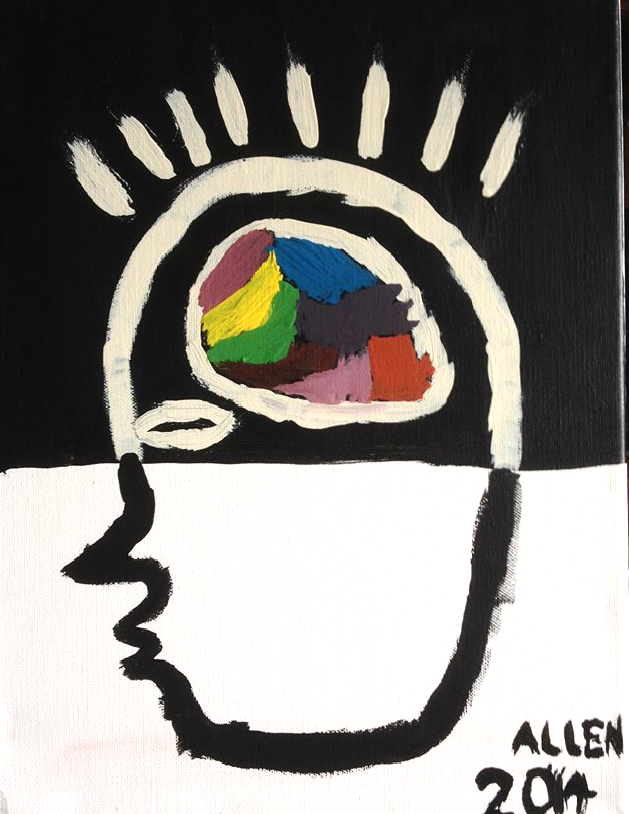Sensory Processing Disorder and Autism: Taste and the Picky Eater
Many parents experience the “picky eater” from time to time. As with most differences on the autism spectrum, the difference in describing the picky eater with autism can be found in the intensity or degree. Because of this relative understanding, one might be critical of the parent with a child with autism and tell them they just need to make their child eat food that is more nutritionally sound. But the “picky eater” is really just someone with sensory processing issues in regards to taste.
I was in a meeting where the educators and the parents were discussing the narrow food choices of the daughter as being a nutritional and even behavioral concern. At one point, one of the educators told the parents that she, herself, had a picky eater, and that she just had to lay down the rules and “force” the issue. The teacher proceeded to tell the parents that they should do the same thing. The mother became upset very quickly and in a raised voice told the educator, “Don’t you think I’ve tried everything to make her eat healthy?! I’ve had food spit out at me more times than I can count, and I’ve had the kitchen torn apart after a food-related meltdown . . . I’ve done it ALL!!!”
I am trying to make the point that we are talking about a matter that goes beyond “picky eating”.
Continue Reading
The Education (K-12) Blogs and Special Ed Q & A are written and maintained weekly by Lisa Rogers with Educating Diverse Learners. Lisa received her M.A. in Special Education with an endorsement in the area of individuals with severe disabilities. Mrs. Rogers has also created products that have been used throughout the state of Texas for training purposes. Through the Association for Texas Professional Educators [ATPE], Ms. Rogers has produced an online course that targets the importance of visual strategies for student with autism spectrum disorders and just released her highly anticipated book titled: Visual Supports for Visual Thinkers.














